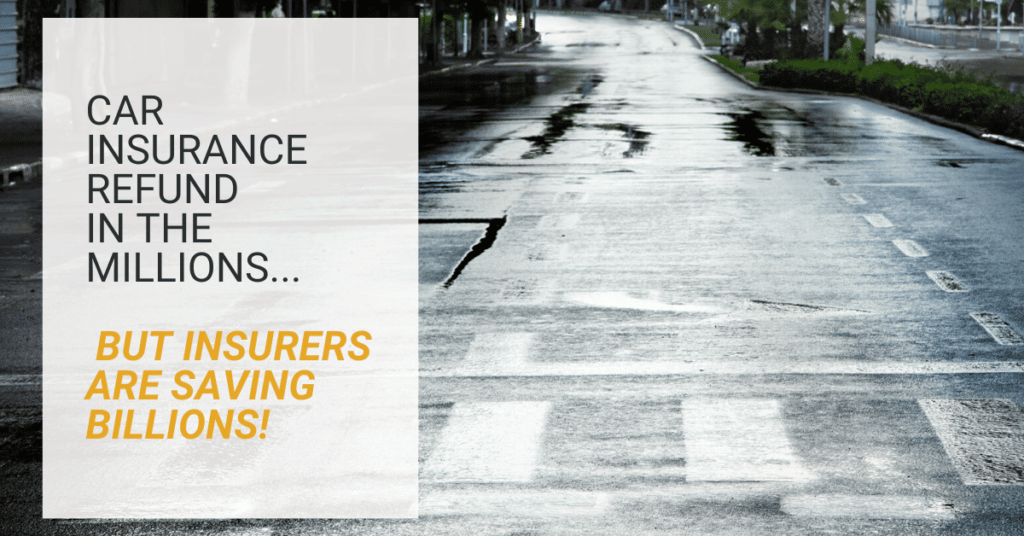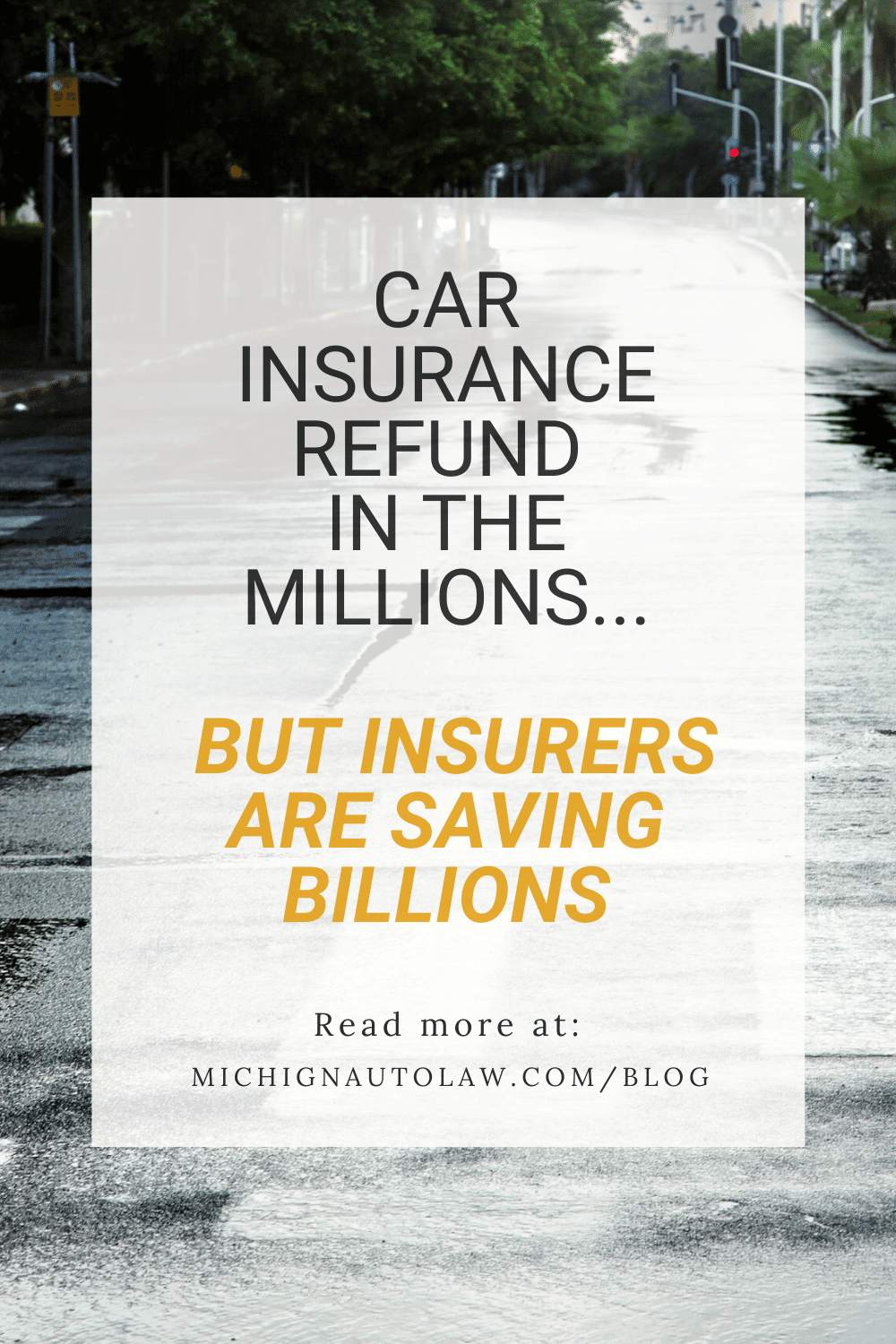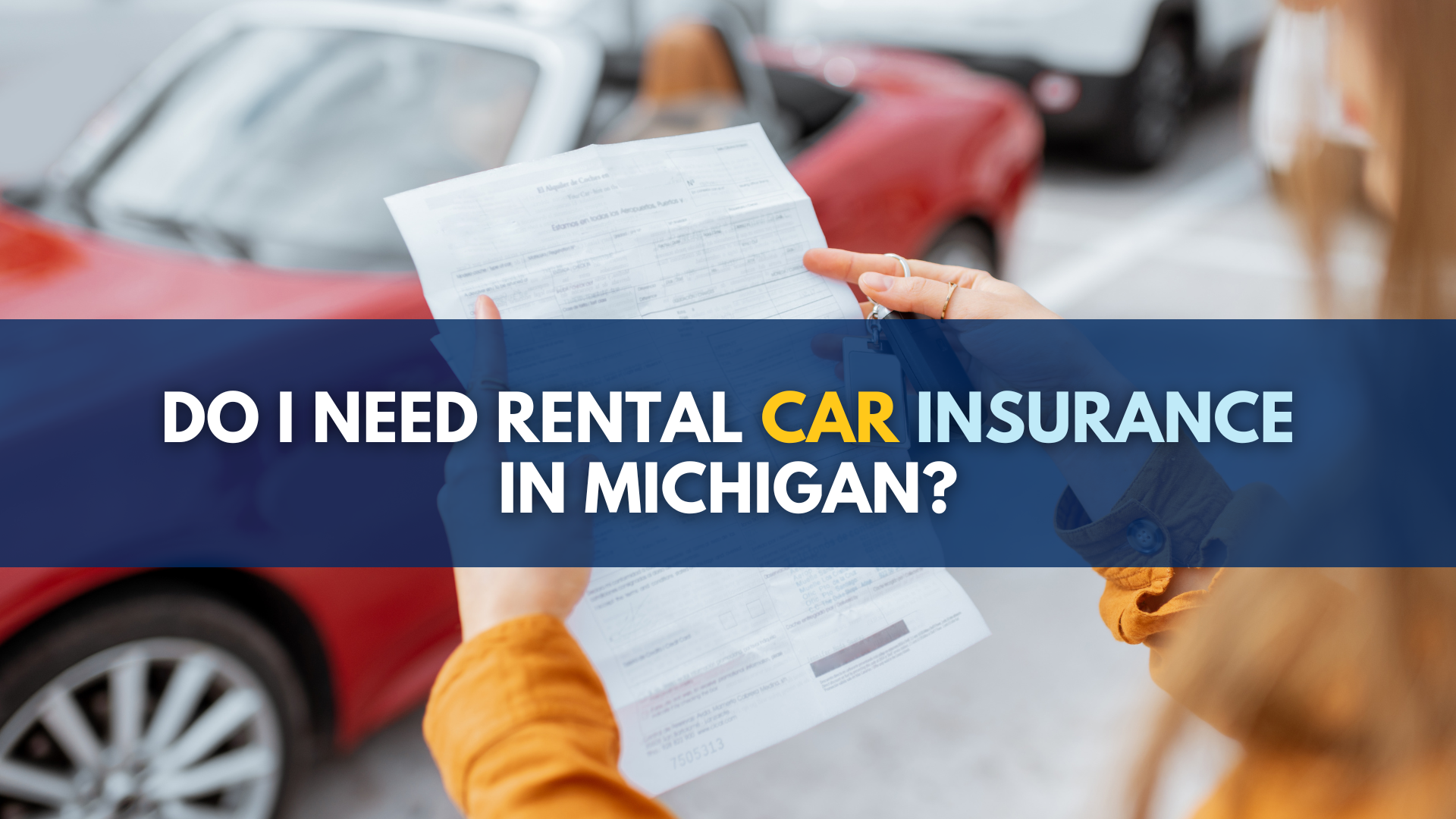
Michigan auto insurers made headlines in July 2020 when they issued a car insurance refund to drivers worth millions. But what they failed to disclose in their press releases, TV commercials and newspaper interviews is that the state’s drastic reduction in driving and accidents allowed insurers to pocket billions.
To make matters worse, even though Michigan auto accidents continued to drop for the remainder of the year – with 2020 having an astounding 22% fewer crashes than in 2019 – auto insurers did not provide any more car insurance refunds to keep pace with change in circumstances.
The results were entirely predictable.
Michigan auto insurance companies raked in “record-smashing,” “windfall” profits for 2020.
And Michigan drivers were left in desperate need of an additional $1.2 billion in auto insurance premium relief, according to a study by the Consumer Federation of America.
To learn more, check out this video of my interview with WXYZ – Channel 7 – Detroit:
Michigan Auto Law called for car insurance refund – back in April 2020
On April 13, 2020, I wrote a blog post about how even though auto insurers in some states were making headlines with the car insurance refunds they were issuing to their insureds, the real story was that these insurers were raking in billions in savings then with claims plummeting and no one on the roads.
It was a great publicity stunt. In many cases, drivers never actually got money back. They were given credits against future premiums. But even more misleading was the way that auto insurers diverted the public’s attention away from the enormous profits they were making by touting the relatively small amount of money that was being “refunded” to insureds.
I explained that if the public – especially the state insurance commissioners whose job it is to protect the public from overreaching auto insurance companies – had dug deeper into what was happening, they would have discovered that these personal auto line insurance companies were seeing billions of dollars in savings.
Our premiums are calculated based on auto insurers’ calculations of how much people will be driving, how many accidents they will be involved, how many claims will be filed as a result of those accidents, and how much money will be spent on payouts for those claims.
When travel, miles driven, auto claims and car crashes all plummet, then our premiums – unless they are refunded to us – become pure, unwarranted profit for the auto insurers.
When you look at it like this, the savings resulting from some auto insurers’ car insurance refunds were pretty paltry and disappointing for drivers like you and me. It also makes you realize just how misleading those news headlines were.
To learn more, listen to my interview on the Daily Detroit podcast:
Less driving and fewer car crashes warranted car insurance refund in 2020
A significant car insurance refund was warranted for Michigan drivers in 2020. Vehicle travel statewide and in Detroit dropped 55% and 62%, respectively, in March 2020. Similarly, car crashes across Michigan fell 39% in March, 59% in April and 39% in May compared to levels in 2019 for those months.
The Insurance Commissioner acknowledged the drastic change in circumstances in orders issued in May and July 2020, stating that due to “extreme reductions in driving activity,” auto insurers’ “loss exposures have been greatly reduced” and “auto insurers may continue to realize significant profits that they have not yet accounted for in customer refunds, credits, or premium waivers.”
In a July 27, 2020, press release, the Department of Insurance and Financial Services (DIFS) stated that “[d]uring COVID-19, many insurance companies saw a significant drop in claims, so the premiums paid by their customers could not be justified.” The Insurance Commissioner added that “‘[c]onsumers . . . should not be required to pay insurance premiums that do not reflect the changes they have made to day-to-day activities during the pandemic . . . As a result of COVID-19, . . . individuals have significantly reduced the amount they are driving, [which has] significantly reduced insurers’ payments on claims.”
The refund in July 2020 did not add up to much
DIFS reported in late July 2020 that auto insurers in Michigan were refunding $95 million to Michigan drivers. However, considering there were 9 million registered vehicles in Michigan in 2020 (vehicles must have insurance to be registered), the refund amounted to approximately $10.55 per registered vehicle.
The average auto insurance premium in Michigan in 2020 was $2,893, according to Insure.com.
No additional car insurance refund even though auto accidents remained low
After July 2020, no additional refund was provided by auto insurers to Michigan drivers even though car crashes remained substantially lower for the rest of the year relative to 2019. Overall, 2020 saw 22% fewer auto accidents than 2019, with significant drops of 18% in June, 17% in October, 29% in November and 21% in December.
Michigan drivers need additional car insurance refund of $1.2 billion
The Consumer Federation of America has released a study finding Michigan drivers are in need of an additional car insurance refund of $1,221,000,000 in premium relief on top of the “refunds” and premium credits that were issued in 2020.
Need help after a car crash? Call Michigan Auto Law first for a free consultation
If you were injured in a car crash and have concerns and questions about your legal rights to pain and suffering compensation, economic damages and auto No-Fault insurance benefits, you can call toll free anytime 24/7 at (800) 968-1001 for a free consultation with one of our experienced auto accident attorneys. You can also get help by visiting our contact page or you can use the chat feature on our website.
(Sources: Inrix; Michigan Traffic Crash Facts; DIFS Order 2020-10-M; DIFS Order 2020-13-M; DIFS July 27, 2020, press release, “Michigan Department of Insurance and Financial Services Orders to Result in Michigan Drivers and Businesses Saving Nearly $97 Million”)
*NOTE: This blog post was updated on October 6, 2021 to reflect developments that have occurred since its original publication on April 13, 2020.



